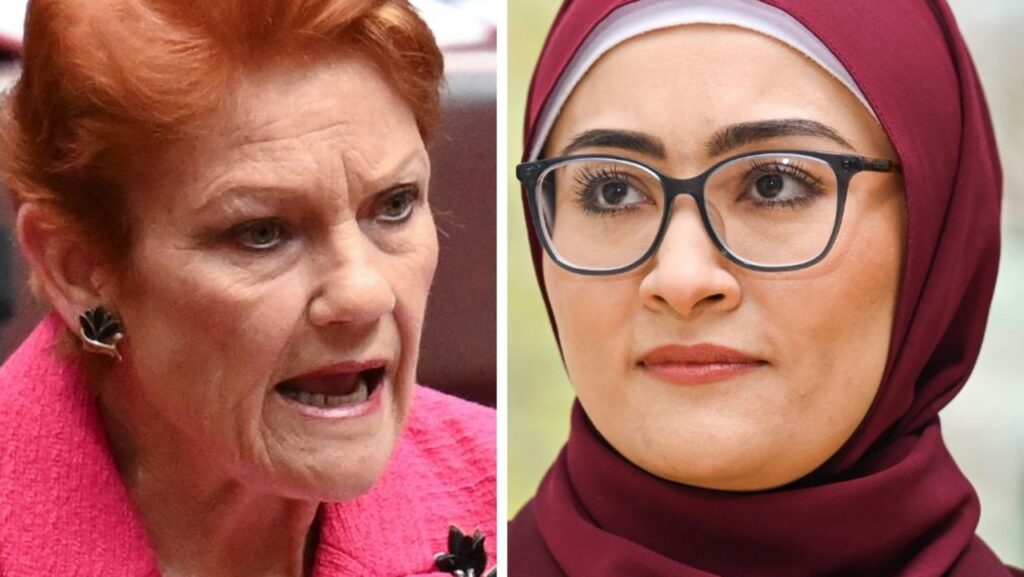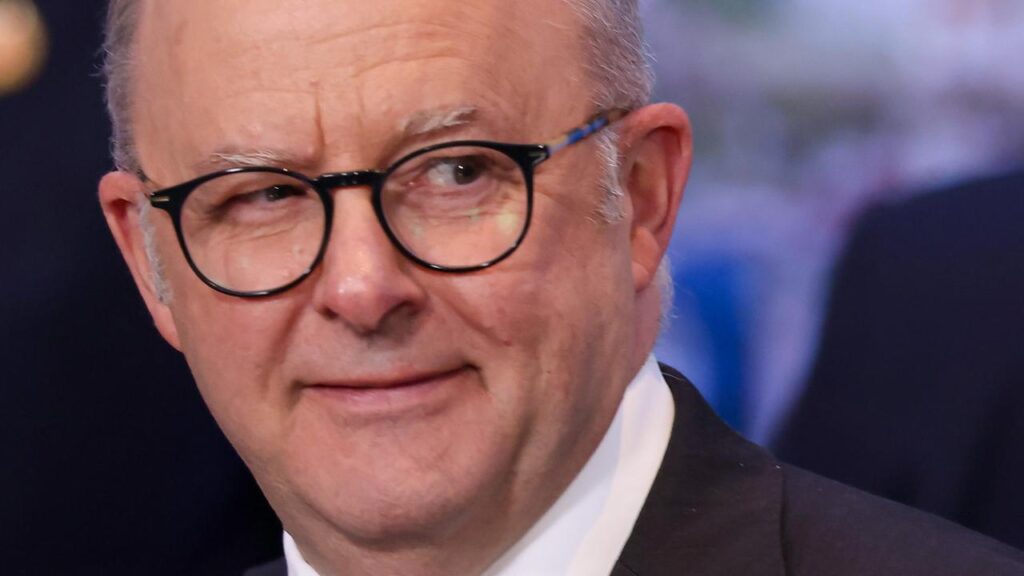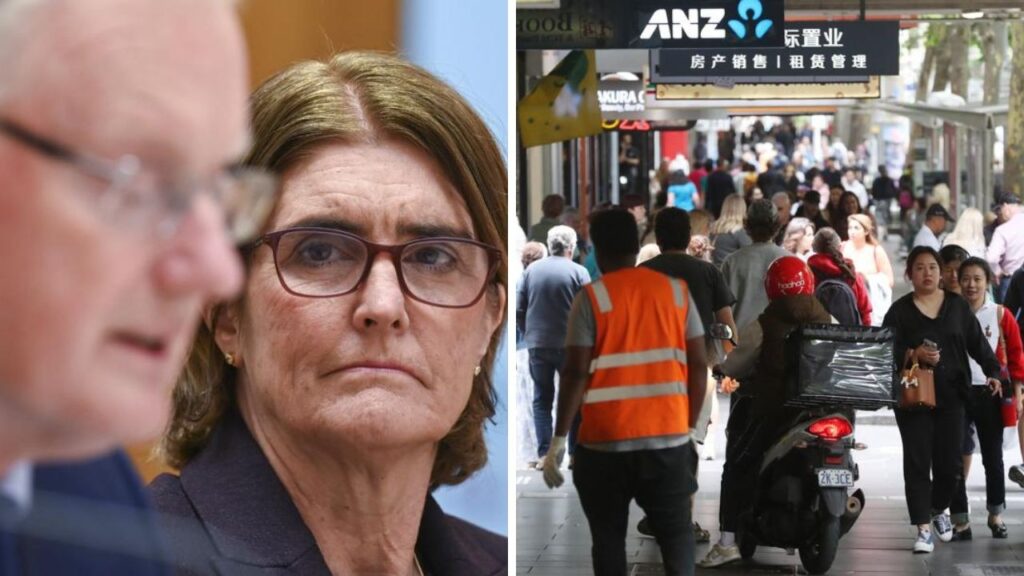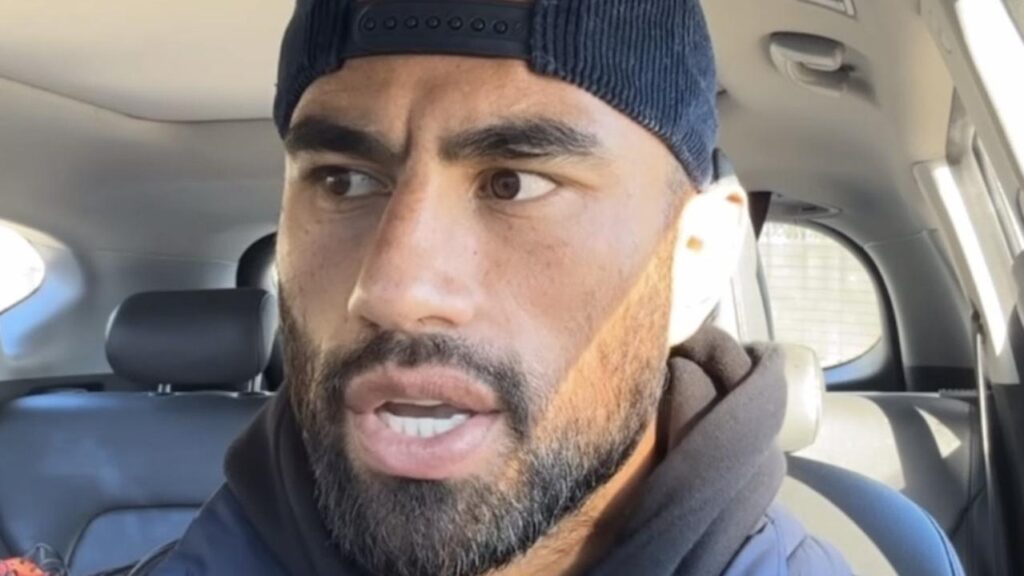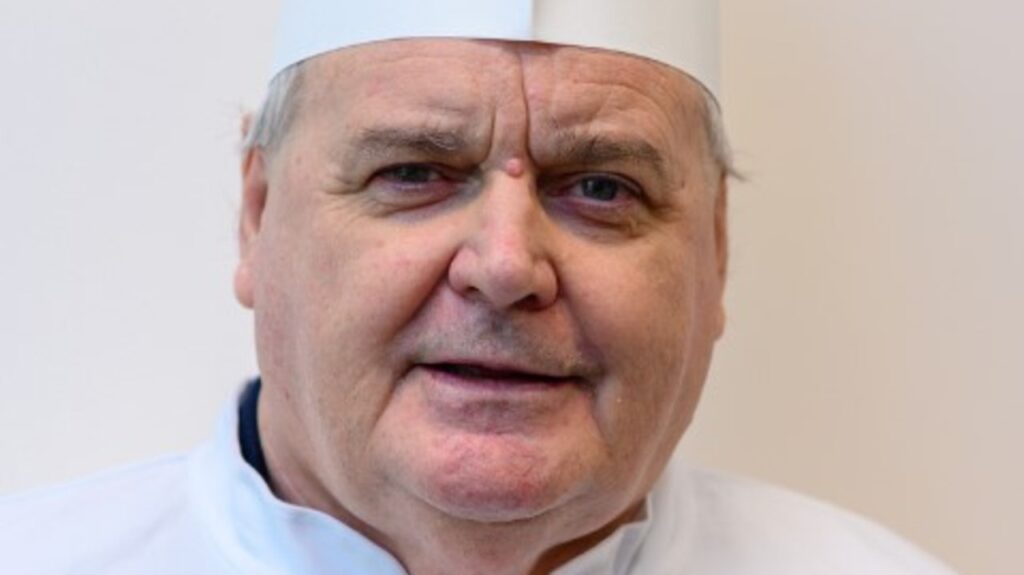Victorians could get new public holiday as part of Indigenous treaty
Written by admin on October 23, 2024
Victoria could introduce a new public holiday celebrating Indigenous culture, as part of negotiations for a statewide treaty.
The negotiations, which are expected to start before year’s end and are the first of their kind in Australia’s history, will take place between Premier Jacinta Allan’s government and the community-elected First Peoples Assembly.
The public holiday would mark the date a treaty is signed, and would celebrate Victoria’s various Indigenous cultures and languages.
Multi-clan traditional owner and Assembly co-chair, Ngarra Murray, told the ABC the proposal had risen from First Nations’ communities desire to see their cultures more embedded in Victorian life.
“A day that’s all about inclusivity, so being able to celebrate all together as a community,” Ms Murray said.
“Because treaty is not just about people, it’s about all peoples that live here on our country.”
Greater say by the Assembly over policy and funding decisions that impact Indigenous communities – currently under the remit of Victoria’s First Peoples Minister Natalie Hutchins – is another proposal members will take to the table.
“Really we want to make sure that when the government is spending funds on First Peoples that it’s spending it at the right places and getting the right outcomes and … focused on the things that we think are important as a community,” Assembly co-chair and Gunditjmara man, Rueben Berg, told the national broadcaster.
“So that we can actually see decisions about First Peoples, in the hands of First Peoples – and that’s really the crux of it.”
Calls for treaty-making in Australia – where one has never been negotiated between our Indigenous people and the Commonwealth – go back as far as 1963.
Such partnerships, a group of University of Technology Sydney academics explained in The Conversation last year, “mark an important shift in promoting Aboriginal and Torres Strait Islander peoples’ participation in policy development and service delivery”.
To qualify as a treaty, three conditions must be satisfied.
The first, the UTS professors explained, is it must acknowledge that Indigenous peoples are a distinct political community different to other Australians.
“This is because Indigenous peoples are the only group of Australians who owned, occupied, and governed the continent before colonisation,” they wrote.
“This recognition also acknowledges the historic and contemporary injustices that invasion has caused.”
Secondly, a treaty must be “a political agreement reached by a fair process of negotiation between equals” – such as those imminent in Victoria.
And lastly, “treaties involve both sides committing to responsibilities, promises and principles that bind the parties in an ongoing relationship of mutual obligation and shared responsibility”.
“Most importantly, while the outcomes of any negotiation will differ according to the parties, a treaty is built on the recognition of Indigenous peoples’ inherent sovereignty”.
In Victoria, the official steps to establish treaty-making have taken years to unfold – first under former premier Daniel Andrews and now under Ms Allan.
Mr Berg said the Assembly was focused on seizing the historic opportunity before it now.
More Coverage
“If you wait for the perfect time it’s never going to come,” he said.
“We have a really powerful opportunity now and I think the broader community recognise that the status quo just doesn’t work and we need to find a different way and treaty is this different way.”
Read related topics:Melbourne

